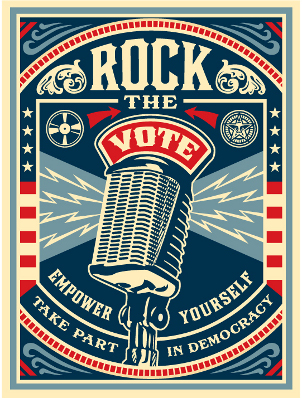Why is it that we like to reject the “pull yourself up by your boot straps” philosophy when it is used to mock urban youth but then turn around and use that same philosophy to burn teachers at the stake? There is a disturbing parallel between the teachers in underperforming public schools and their students: in as much as the bureaucratic maze of a system destines students for failure, it often dooms their teachers to the same fate.
For the past couple of weeks, I have been lazily following the news about the teacher’s union strike in Chicago that was supposed to change things for our kids. I just couldn’t get excited about it. Haven’t we heard these things before? Remember when “Waiting for Superman” came out and we cried about poor children whose lives lay in the hand of a random lottery system? Remember how we got angry at the lazy teachers who couldn’t be fired and the failing schools that couldn’t be closed? We were ripe from economic despair, ready to be devoured by any message of truth and call for change. We’d grown bored of pointing our finger and blaming our nation’s woes on whatever political party was in office—so we decided to point at teachers. Plus there was that clever title, “Waiting for Superman” that peaked our interest. We love tragedy, and somehow we knew we would reach the end of the movie still waiting for our super hero, kind of like this strike.
In case you weren’t following the strike too closely either, you should know that it’s over now. After eight days of watching t.v, going outside, and playing video games, the children have returned to school once more. And what will be different for them? One could argue not a damn thing. The media will lead you to believe that as a result of this strike teachers will be held more accountable, compensated decently, and kids will have a longer school year than they did before.
But I was teaching just last year, guys. And I have to tell you, these changes are not going to reverse the statistic that only three percent of black males who enter the ninth grade earn a degree from a four year college as cited in Nicholas Kristof’s op-ed “Students Over Unions”. You know what an extended school day does for kids who attend a crappy school? Not much. You know what teacher accountability actually becomes in practice? An extra domain field on an evaluation rubric that nobody sees. And what about Phil Cantor, teacher at North Grand High School in Chicago? He told Democracy Now! that his school of 1,000 kids doesn’t even have one social worker. I wonder if they will hire one now.
Where is the rage about how anticlimactic this strike was? And why, time and again, do we fail to capitalize when a moment arises that could be the pebble to start a ripple effect towards a better system of schooling for our most vulnerable kids?
It may sound corny, but it’s because we forget that we are all in this together. Teachers and students do not have opposite interests as the prevailing media coverage of this strike would lead you to believe. Next time we want to spark “change,” can we begin from this understanding? Can we stop wasting time pretending that the challenge we put in front of our teachers isn’t enormous? Can we begin to listen to teachers’ concerns before we fall back on our preconceived understanding that they don’t want to do good work? Because if we set up the battle field as we always do, where we label children or the district as David and teachers as Goliath, we will end up exactly where we did here—nowhere better.

